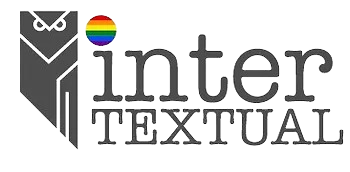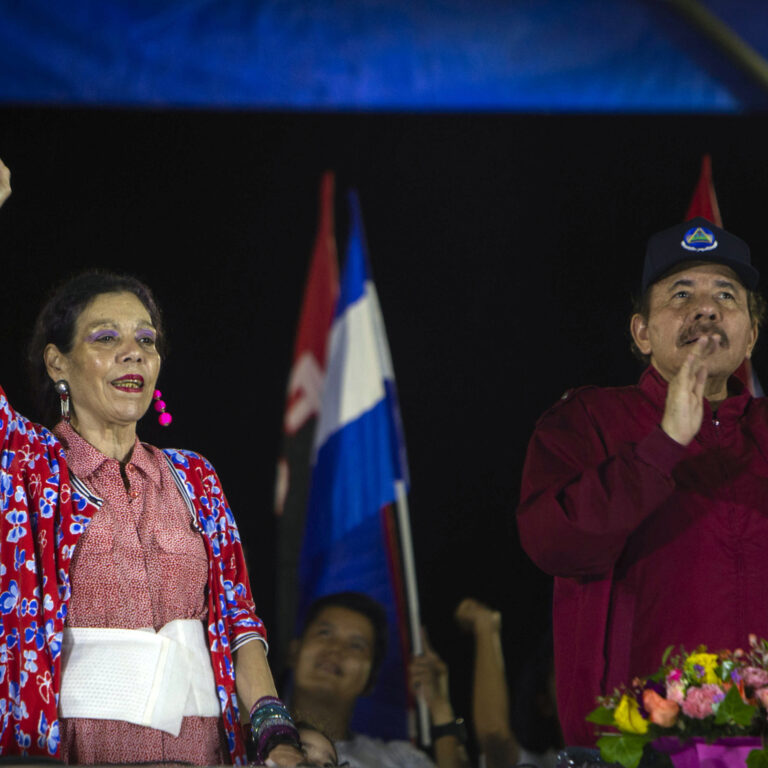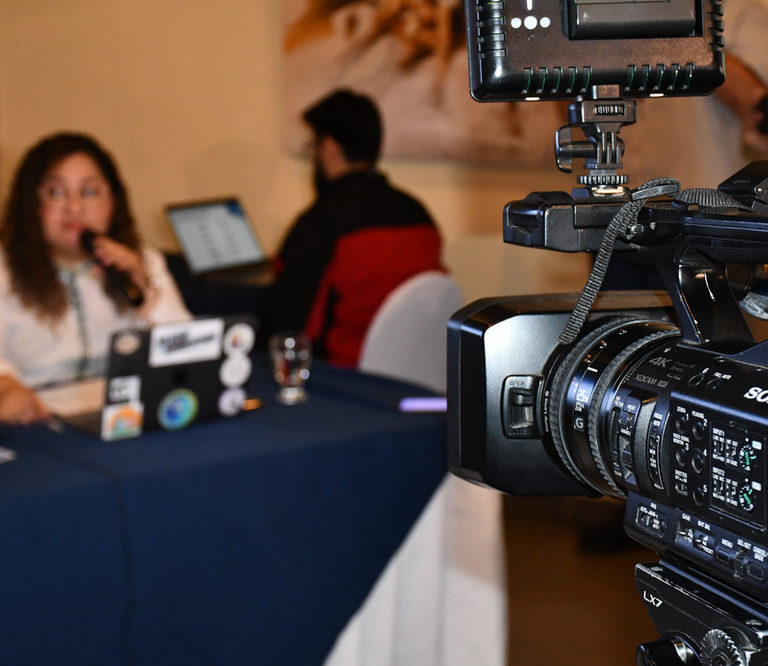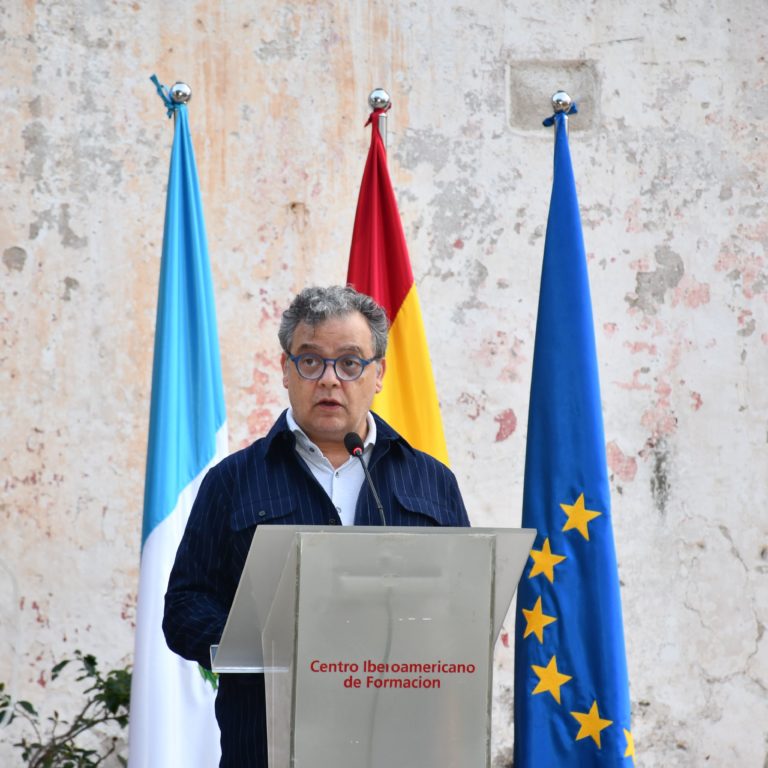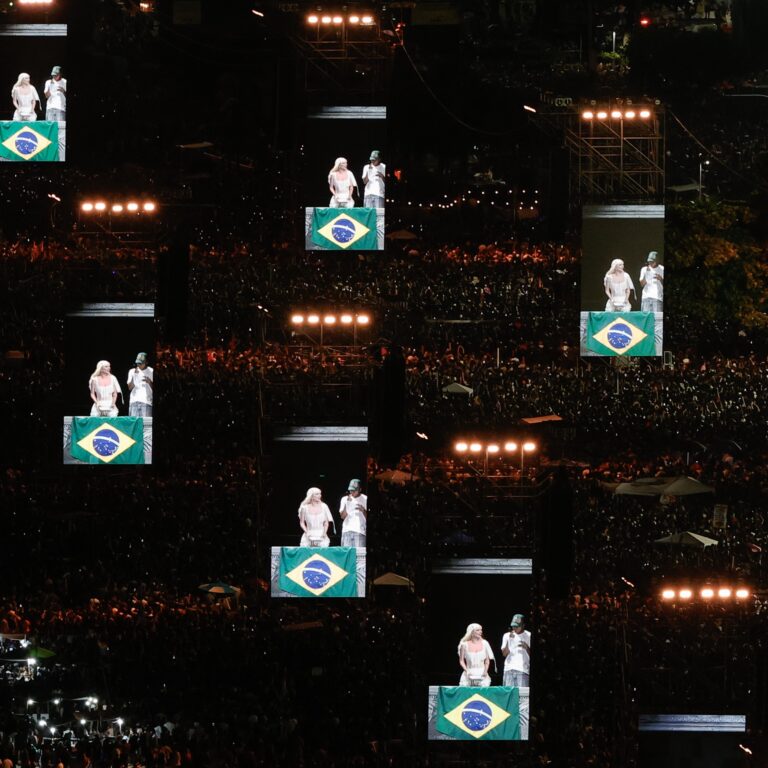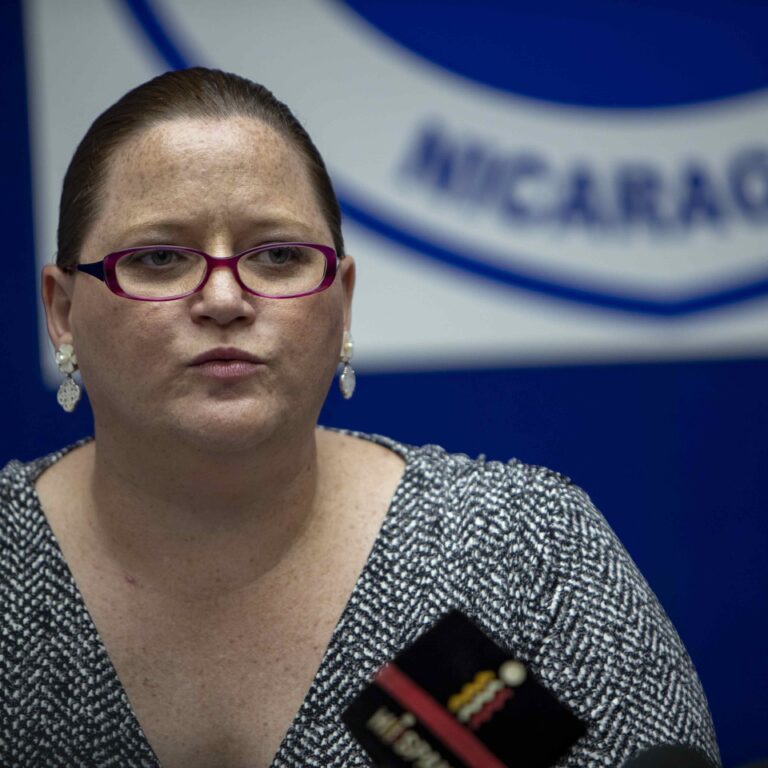“Where there are men and women condemned to live in misery, human rights are violated. Uniting to make them respected is a sacred duty” -Joseph Wresinski.
By: Intertextual Editorial/ / contacto@intertextualcr.com
The United Nations (UN) tells us that poverty is not only lack of income, it also includes lack of education, food, health care, housing, politics, alternatives, security and inclusion.nnIn 2020, the National Institute of Statistics and Censuses of Costa Rica (INEC), in its national household survey, mentions that some 250,000 Nicaraguans live in Costa Rican urban areas and 47 out of every 100 of them lived in extreme poverty, among these people were assessed their immigration status, academic profile and origin.
The inequalities that continue to be practiced towards migrants, mainly machismo, xenophobia and homolesbobitransphobia, are factors that directly affect women, transgender women and men, feminized bodies, peasants and indigenous communities. Preventing them from exercising their employment rights in safe, clean and respectful environments. This, however, does not neutralize or fade the need and the search for self-improvement to have a better living condition with dignity.nnn»The peasant movement is made up of many people and women today are entrepreneurs and very capable of doing great things, in the agricultural sector we work for the same cause,» Leidy Méndez, a member of the Rural Women’s Day, mentioned in an interview. Peasant Movement.

Many women agricultural leaders strive every day to maintain the care of the land, the production of grains and the quality of their products. We must also mention the economic requirements that have recently been very difficult to obtain, in order to maintain their assets with which families in the sector subsist. Their hard work to expand their lands, generating more jobs for rural women, has been recognizable and favorable, with many of them excited and proud as peasant women.
Also read: The importance of indigenous communities to preserve Biological Biodiversity
Yasuri Kataleia Sánchez Machado, 26 years old, being a transgender woman, expressed that “As a trans woman, they have always told me that I am not going to be able to achieve my goals, I answer that I can.”

She arrived in Costa Rica since August 2019, as an exiled woman. He is currently in charge of his two nephews, a 15-year-old teenager and a 23-year-old girl with disabilities. Since then she has focused on giving a quiet life to her nephews, always trying to have food and shelter. She is an entrepreneur, she works in the sale of women’s footwear, mixed clothing and also “a little bit of everything,” highlighted Sánchez Machado.
While her business continues to grow, she seeks to integrate into courses and workshops that enrich her knowledge in the administrative area while she decides to prepare to choose to study at one of the country’s public universities. “I give the Message to people that if you set your mind to something, you have to fulfill yourself, I am one of them,” said Sánchez Machado very proud.
This day not only seeks to eradicate the concept of generational chains of poverty, it also humanizes and solidarizes us to listen to the daily truths faced by people who have experienced and experience poverty.nn“Where there are men and women condemned to live in misery, human rights are violated. Uniting to make them respected is a sacred duty” -Joseph Wresinski French priest, founder of the ATD Fourth World Human Rights Movement.
